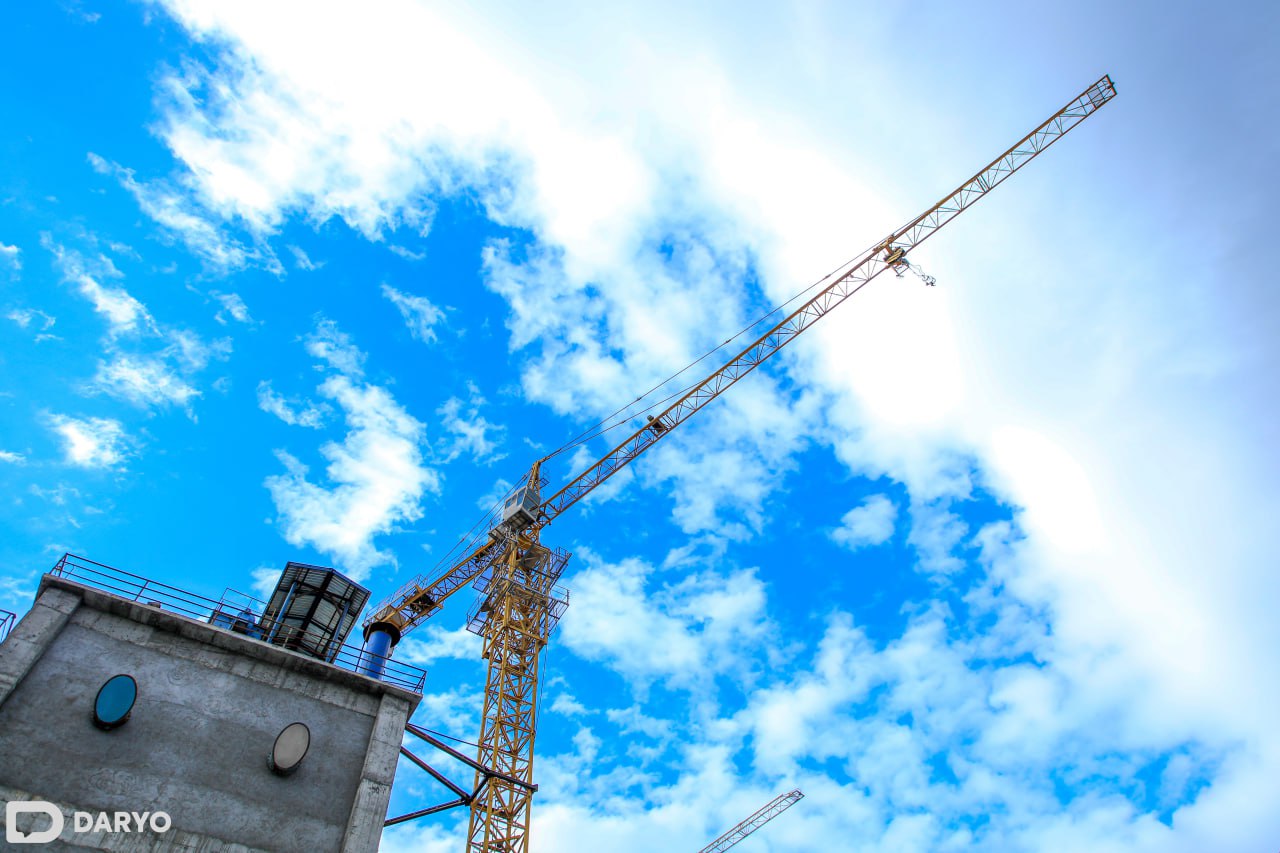In Uzbekistan, with the World Bank's help, a decision from the president has been made. It's about a plan called "Using New Carbon Ideas to Improve Energy."
This document has been developed to ensure the low-carbon development of the national economy, particularly in the industrial sector, in accordance with the program of transitioning to a "green" economy and achieving "green" growth in Uzbekistan by 2030.

For the implementation of the project "Application of Innovative Carbon Resources for Energy Reform" (iCRAFT), the World Bank has approved the allocation of $46.25mn to Uzbekistan. The project consists of:
A component titled "Emission Reduction Agreement" with a funding volume of $20 million;
A component titled "Sale and Purchase Agreement for Mitigation Results" with a funding volume of $25mn.
As part of the project, $1.25 mn will be directed to the Global Adaptation and Emission Reduction Fund on behalf of Uzbekistan through the World Bank.
Additional technical support funds amounting to $2mn will be allocated to finance efforts in developing institutional capacity and creating greenhouse gas emissions monitoring and inspection infrastructure (establishment of a greenhouse gas registry, development of a monitoring, reporting, and verification (MRV) system).
The project will be implemented at the national level between 2023 and 2028.
The project will gradually enhance the tariff policy in the electricity and natural gas sectors to reduce carbon emissions and conserve energy resources.
The agreed price per ton of reduced carbon emissions under the "Emission Reduction Agreement" component is $15 USD, while the agreed price per ton of reduced carbon emissions under the "Emission Reduction Agreement" component is $30.
Comments (0)